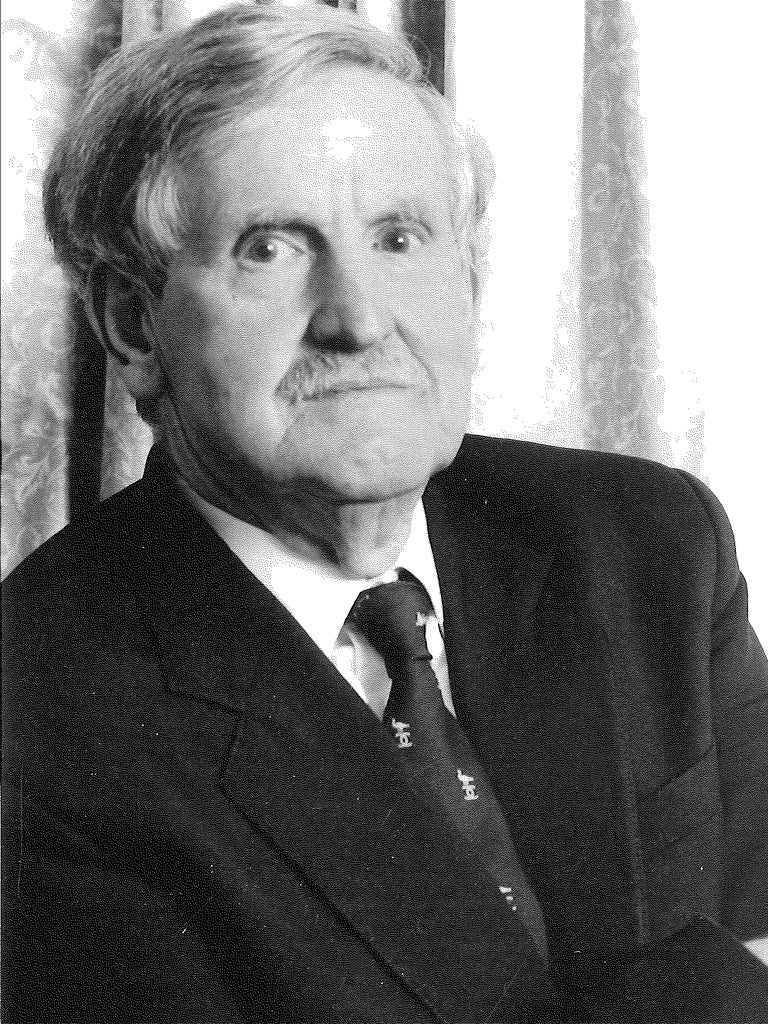Professor Robert Ashton: Historian of early modern England

Your support helps us to tell the story
From reproductive rights to climate change to Big Tech, The Independent is on the ground when the story is developing. Whether it's investigating the financials of Elon Musk's pro-Trump PAC or producing our latest documentary, 'The A Word', which shines a light on the American women fighting for reproductive rights, we know how important it is to parse out the facts from the messaging.
At such a critical moment in US history, we need reporters on the ground. Your donation allows us to keep sending journalists to speak to both sides of the story.
The Independent is trusted by Americans across the entire political spectrum. And unlike many other quality news outlets, we choose not to lock Americans out of our reporting and analysis with paywalls. We believe quality journalism should be available to everyone, paid for by those who can afford it.
Your support makes all the difference.Bob Ashton, as he was universally known, was the founding professor of English History at the University of East Anglia when it opened in 1963. It fell to academics of his generation to do something unique in English higher education – to shape the form university education would take during the one period in its history when the British State has been willing to spend money on universities.
As an economic historian, Ashton needed no convincing of the value of interdisciplinarity, and placed, as he was, at the head of a school of English studies, he saw great value in collaboration with scholars from literature, art history and philosophy. As Dean of English studies from 1964-67, Ashton had a formative influence on the style and curriculum of the new university; it was under his direction that American studies was added to the mix.
A striking, even commanding figure, one of the few who looked entirely at home in academic robes, Bob was a charismatic man who played a great role in recruiting staff for the new school, including later luminaries such as Malcolm Bradbury, Chris Bigsby, Lorna Sage, Paul Kennedy and Jon Cook. His eye for talent was acute, and he often saw much further than appointment boards elsewhere.
Born in 1924, Ashton was educated at Magdalen College School, Oxford, and after serving in the RAF during the war went to University College, Southampton where, after taking a First in history, he went on to the London School of Economics. A pupil of RH Tawney, Ashton began life as an economic historian of the reign of James I, and wrote pioneering works on the court and the money market from his berth at the University of Nottingham, which he joined in 1952.
In 1962 he won a visiting chair at the University of California, Berkeley, and it was while there that he received the offer of a chair at the new University to be founded in Norwich. He was interviewed for the post in the convivial surroundings of the Travellers' Club in New York.
Ashton was a man with a wide hinterland. A great wine connoisseur, he founded the SCR wine cellar, and presided over it with great skill for the whole of its life, and as anyone fortunate enough to dine with him found out, he was extremely generous with his own cellar. He set up home in Brundall, in the Manor House in which Robert (Lord) Blake had been born, something which helped give him one of his most valued friendships, and where his wife, Peggy, would make visitors most welcome. She was the perfect wife for Bob, her sharp wit and hearty pragmatism complementing his high-octane approach to life. They were the most devoted couple, and it is no cliché to say that he never recovered from her death.
Bob was a devout member of the Church of England, and served as church warden at Braydeston Church for more than 30 years, where he successfully fought to keep his beloved Book of Common Prayer in constant use; to hear Bob read from it or from the King James Bible was realise why both books found their place into our language.
Ashton retired in 1987, but remained active as a scholar (publishing the last of his six books in 1994) and as a lecturer with the Historical Association, to whose Norfolk and Norwich branch he gave his last public lectures in 2002.
John Charmley
Robert Ashton, historian: born 21 July 1924; married 1946 Margaret Alice Sedgwick (died 2009; two daughters); died 9 February 2013.
Join our commenting forum
Join thought-provoking conversations, follow other Independent readers and see their replies
Comments